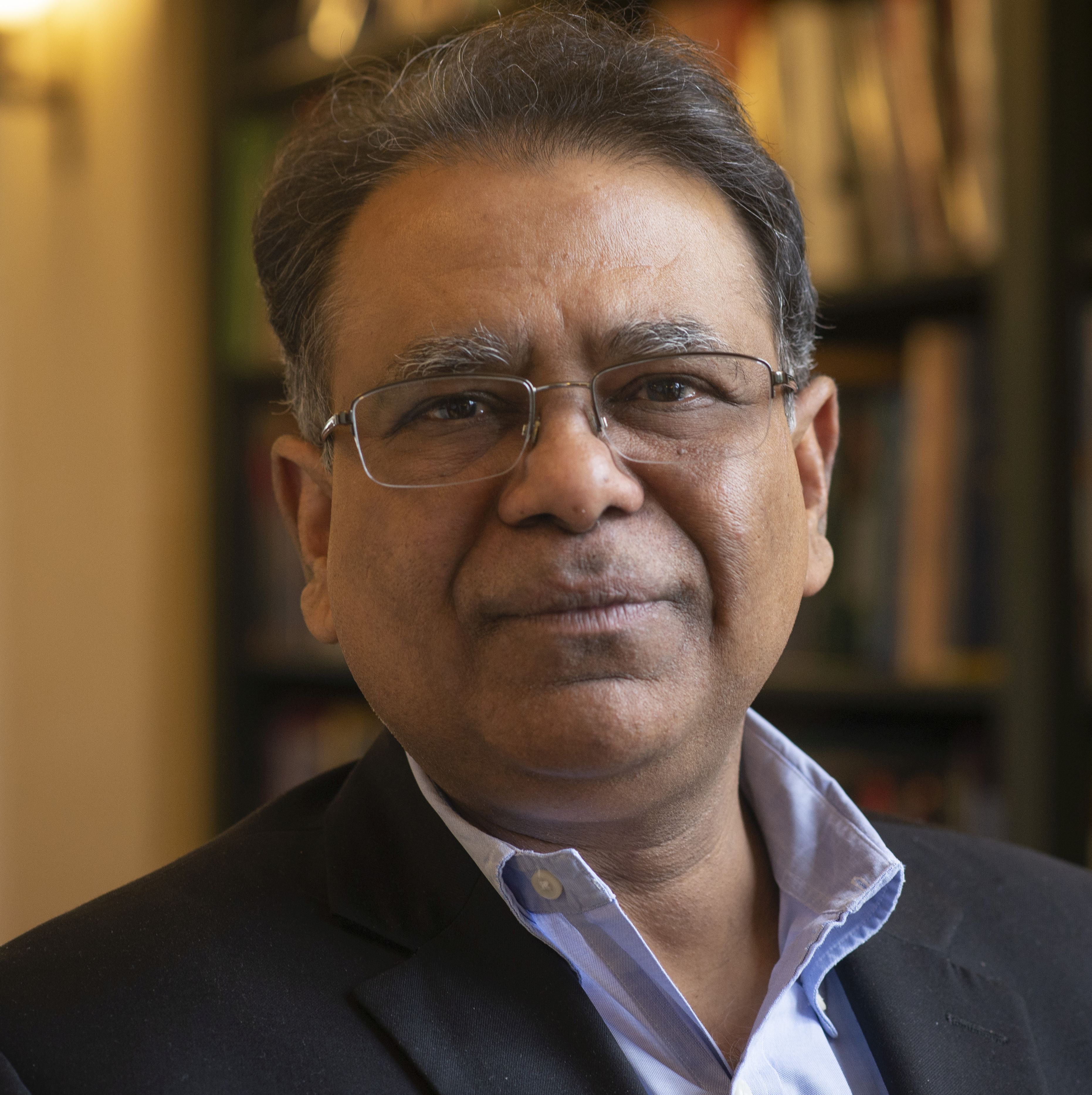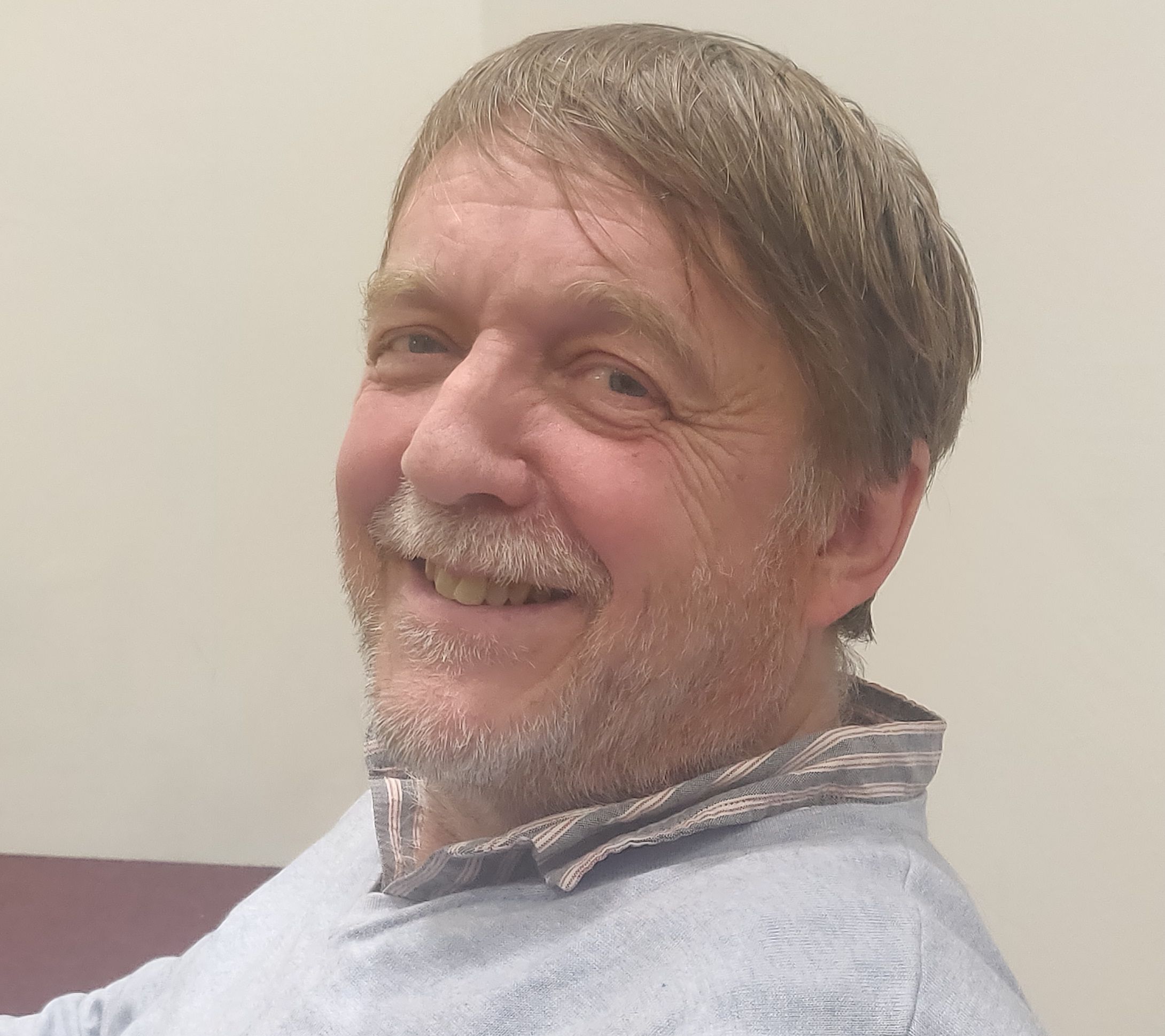The Hong Kong University of Science and Technology (HKUST) today awarded honorary doctoral degrees to 5 distinguished academics and community leaders; as well as honorary fellowships on 5 other outstanding individuals in recognition of their distinguished achievements and contributions. Officiating at the ceremony were Mr. Andrew LIAO Cheung-Sing, Chairman of HKUST Council and Prof. Wei SHYY, President of HKUST. This year's recipients were (arranged in alphabetical order of surnames):
Honorary doctoral degree awardees:
Prof. Arup K. CHAKRABORTY, Robert T. Haslam Professor of Chemical Engineering, Physics, and Chemistry at Massachusetts Institute of Technology-Doctor of Engineering honoris causa
Prof. CHAN Ka-Keung Ceajer, Senior Advisor to the Dean and Professor Emeritus in Finance, the Hong Kong University of Science and Technology-Doctor of Business Administration honoris causa
Prof. John HARDY, Chair of Molecular Biology of Neurological Disease at University College London, and Principal Investigator at the UK Dementia Research Institute, Institute of Neurology-Doctor of Science honoris causa
Dr. LI Dak-Sum, Chairman of Roxy Property Investment Co. Ltd. and Singapore's Carlton Group of Hotels-Doctor of Social Sciences honoris causa
Prof. Kenneth POMERANZ, University Professor of Modern Chinese History at the University of Chicago-Doctor of Humanities honoris causa
Honorary fellowship recipients:
Mr. Quinn LAW Yee-Kwan
Mr. Michael LEE Tze-Hau
Mr. Winston LO Yau-Lai
Mr. Kyran SZE
Prof. Caroline WANG Chia-Ling
Biography:

Prof. Arup K. Chakraborty is the Robert T. Haslam Professor of Chemical Engineering, Professor of Physics as well as Chemistry at the Massachusetts Institute of Technology (MIT). He has worked on diverse aspects of immunology for 20 years, building strong foundation for scientists to design better vaccines and therapies against health threats such as HIV. Prof. Chakraborty has helped found the Ragon Institute and interdisciplinary Institute for Medical Engineering and Science of MIT. He is one of the 23 individuals in the US who achieved the trifecta of being members of the National Academy of Medicine (2017), the National Academy of Sciences (2016) and the National Academy of Engineering (2004).

Prof. Chan Ka-Keung Ceajer joined HKUST in 1993 and became Dean of Business and Management in 2002. He was the Secretary for Financial Services and the Treasury of the Hong Kong Special Administrative Region between 2007 and 2017 under two chief executives. He subsequently rejoined HKUST as Senior Advisor to the Dean and Professor Emeritus in Finance to help develop the next generation of wizards for Fintech. With his exceptional leadership quality and financial acumen, Prof. Chan successfully guided Hong Kong through the global financial crisis in 2008. He was most praised for making Hong Kong a leading offshore RMB market and launching the ground-breaking Stock Connect scheme among Hong Kong, Shenzhen and Shanghai Stock Exchanges. He also introduced tax measures to cool down the overheating property market in 2012.

Prof. John Hardy is a household name in the research field of Alzheimer's disease. In 1991, Prof. Hardy and his team discovered a genetic mutation of the amyloid precursor protein (APP) and later presented the amyloid cascade hypothesis - the first known cause of Alzheimer's. Nearly all basic science and treatment research of the disease is based on that discovery even today. Prof. Hardy has won numerous awards and honors. He published close to 900 scientific papers with more than 100,000 citations. He is now the Chair of Molecular Biology of Neurological Disease at University College London and Principal Investigator at the UK Dementia Research Institute of the Institute of Neurology.






